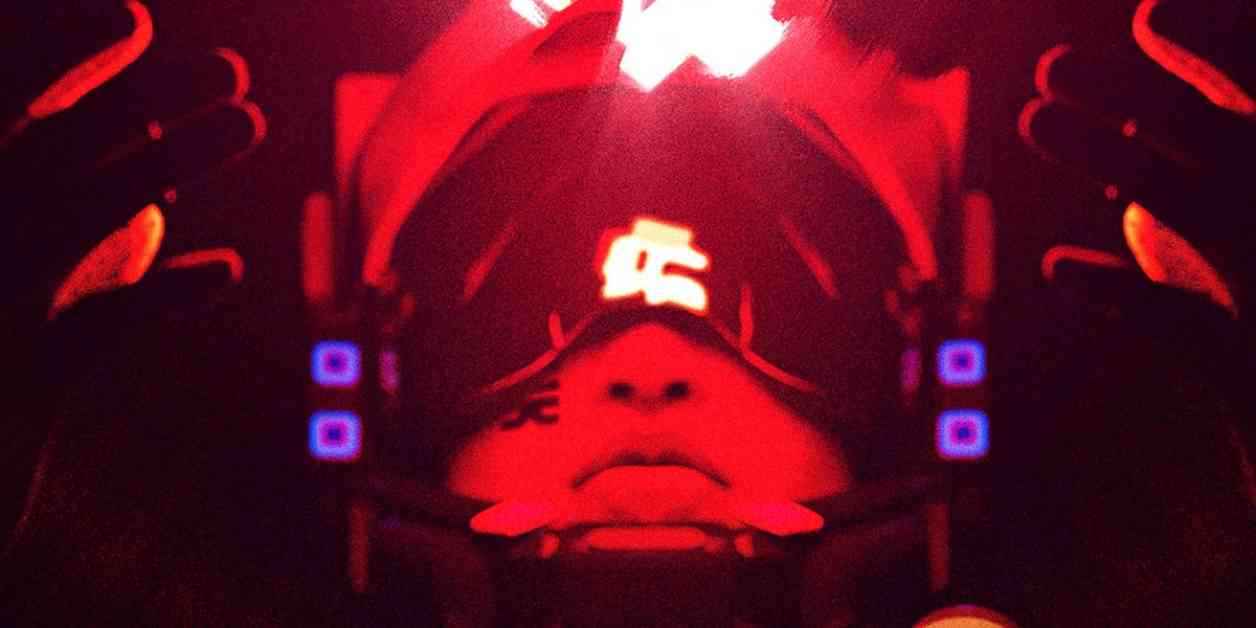Sony Responds to Director Lawsuit, Alleges Disturbing Communications Including “Sexually Charged Games of ‘Truth or Dare'”
A recent legal battle involving former Destiny 2 and Marathon reboot director Christopher Barrett suing Sony and Bungie for $200 million USD has taken a contentious turn. The companies have responded by outlining allegations of Barrett’s ‘disturbing communications’ with female subordinates, including reports of “sexually charged games of ‘Truth or Dare'”.
Barrett’s departure from Bungie was initially shrouded in speculation about a leadership shakeup at the studio last March. However, it later became apparent that Barrett was dismissed after an internal investigation into accusations of inappropriate behavior raised by “at least eight” female employees. The story took a dramatic twist in December when Barrett filed a lawsuit against Bungie and Sony, accusing them of tarnishing his reputation by falsely insinuating his involvement in sexual misconduct.
At the core of Barrett’s lawsuit is the argument that his firing was part of a calculated ploy by Bungie and Sony to avoid paying him nearly $50 million owed under his employment agreement. He vehemently denied any gross misconduct, citing his spotless twenty-five-year track record at Bungie as evidence of his integrity.
The legal saga has now taken a new direction with Sony’s detailed response, which refutes Barrett’s claims and exposes the events leading to his dismissal. The court documents filed by Sony describe multiple instances where Barrett engaged in inappropriate behavior and disturbing communications with female subordinates, causing discomfort and fear of reprisal among the employees.
Sony’s investigation revealed a pattern of misconduct by Barrett, involving the targeting of lower-level female employees, establishing an unprofessional level of intimacy, and engaging in sexually suggestive conversations. The court submission highlighted instances where Barrett allegedly crossed boundaries by making references to physical appearance, expressing romantic interest, and demanding participation in inappropriate activities like ‘Truth or Dare’ and ‘Ask Me Anything’.
In one incident detailed in Sony’s filing, Barrett was reported to have FaceTimed a female employee late at night while intoxicated, disregarding her requests for boundaries and making inappropriate comments. Another example involved Barrett contacting an employee via Instagram direct message and making suggestive remarks despite her clear indication of having a boyfriend.
Further allegations included a virtual game of ‘Truth or Dare’ initiated by Barrett and inappropriate exchanges on Microsoft Teams where he commented on a female employee’s attire. Sony’s filing painted a picture of Barrett’s behavior as predatory, leading victims to seek guidance from colleagues on how to handle his persistent boundary-pushing.
In response to Sony’s allegations, Barrett’s legal team refuted the claims, accusing Sony of cherry-picking text messages and making unsupported statements to defame Barrett. They expressed confidence that the evidence would reveal Sony’s ulterior motives in terminating Barrett and denying him his rightful compensation.
Barrett’s lawsuit not only contests the allegations of misconduct but also highlights the financial, physical, and emotional toll caused by his termination. Seeking $200 million in damages, including the $46,000 owed under his employment terms, Barrett aims to restore his reputation and reclaim his position as game director on Marathon.
In a legal battle that has captured the attention of the gaming community, the stakes are high for both parties as they navigate a complex web of allegations and counterclaims. As the case unfolds, the truth behind Barrett’s dismissal and the nature of his interactions with female employees remain at the heart of a legal drama that could have far-reaching implications for the gaming industry.





















